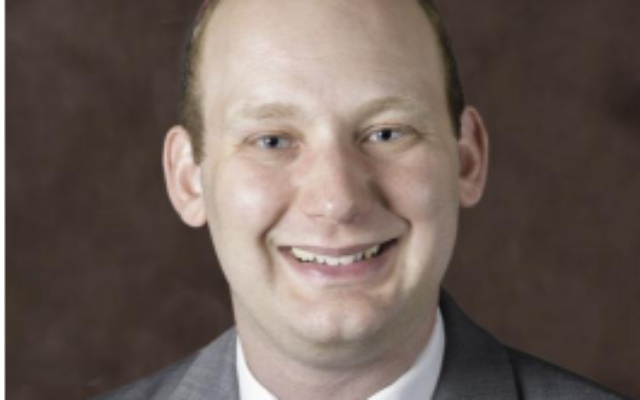Rabbi Daniel Dorsch’s Holiday Message
Read community insights, advice and perspectives during this time as we enter in to the 5781/ 2020 Rosh Hashanah New Year.
It may surprise you to find out that the Hebrew word for “but” (the conjunction, not your tuchus) aval, only appears three times in the entire Torah.
Why? Rabbi Elie Kaunfer, Dean of the Hadar Institute in New York City, argues that this is because in the Bible the word aval means “in truth,” and is only used when someone is ready to confess to something big. Two of its three uses, for example, occur in the Joseph story. Joseph’s brothers are caught in significant lies about their past and have to reckon with their having sold their brother into slavery.
However, as I reflected on this teaching, I began to think that there may also be a deeper truth contained here.
Why are there no “buts” in the Torah? For me, as we enter into the year 5781, it’s a healthy reminder that in these uncertain times, God wants all of us to take ownership over our shortcomings: an area, if I may say so, where we fell significantly short this past year.
You’ve probably noticed, but the word “but” used as a conjunction in a sentence negates or excuses everything that is said before it (see what I did there). In pre-COVID times, we might have said, “I intended to go to shul to this Shabbat, but my child was busy with (fill in the blank activity).” Or, “I planned to donate to JF&CS’ food pantry, but I didn’t have any canned goods at home.” The use of “but” may be polite, though implies a lack of true ownership. We all become victims of circumstance. Somehow, our shortcomings are not entirely our fault.
Only compare this to the Yom Kippur confessional, which in an era of constant spin doctoring, is a prayer devoid of all “buts.” The “Ashamnu” is an honest accounting of our mistakes that requires to take full ownership over our behavior.
We publicly acknowledge that “we cheat.” We do not say “we cheated, but it was only to get ahead at the office.” We confess that “we steal.” Recalling the days of Napster, we do not say “we stole illegally downloaded music, but only because everyone else was doing it too.” On the High Holy Days of 5781, God and our faith demand nothing less than we be honest with ourselves about where we fall short, and where we can hope to grow in the new year.
Our Torah is a book devoid of excuses. As we enter the new year of 5781, we must learn to do so as well: No “ifs,” “ands” or “buts.”
Rabbi Daniel Dorsch is the senior rabbi of Congregation Etz Chaim.




comments